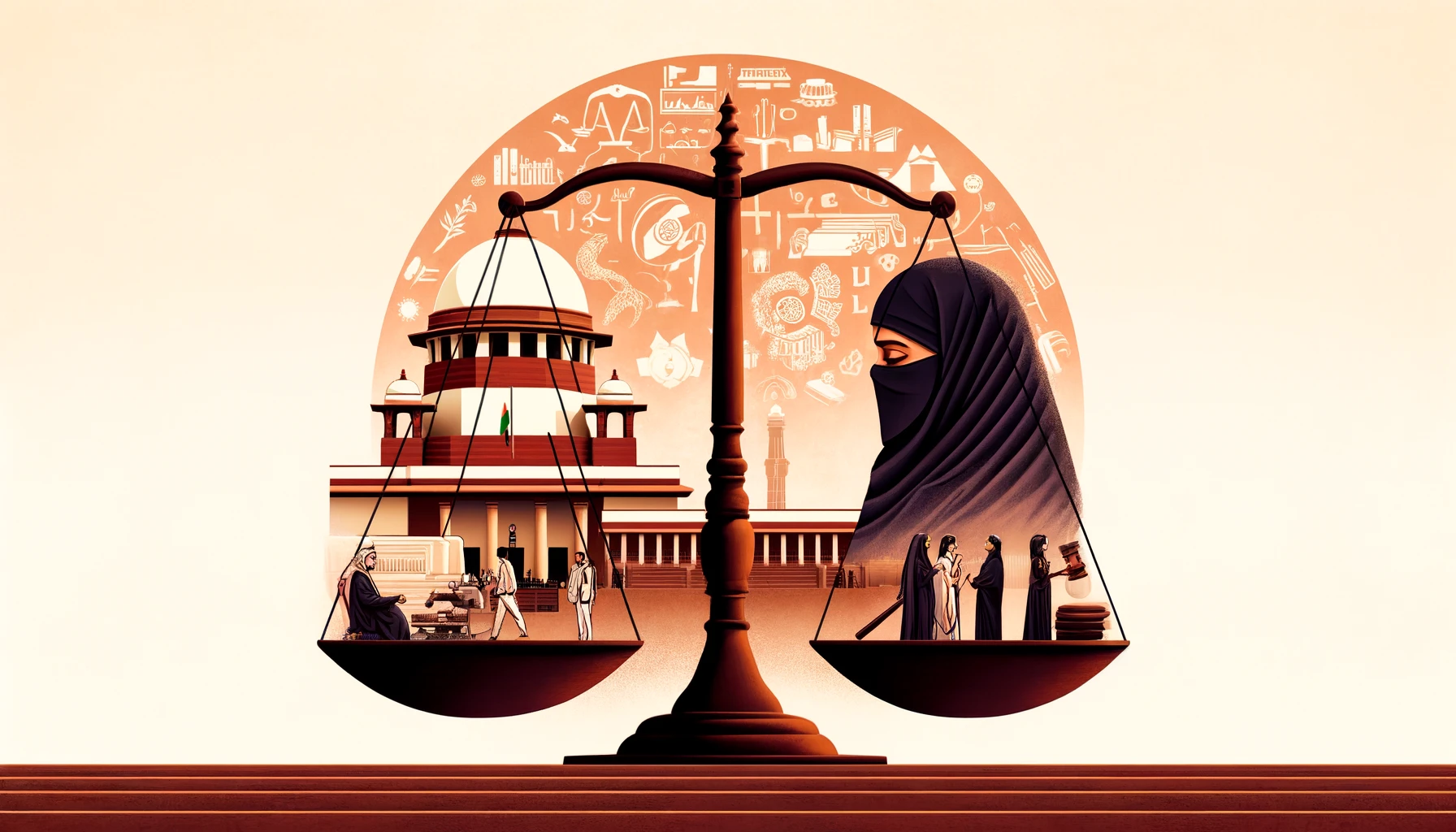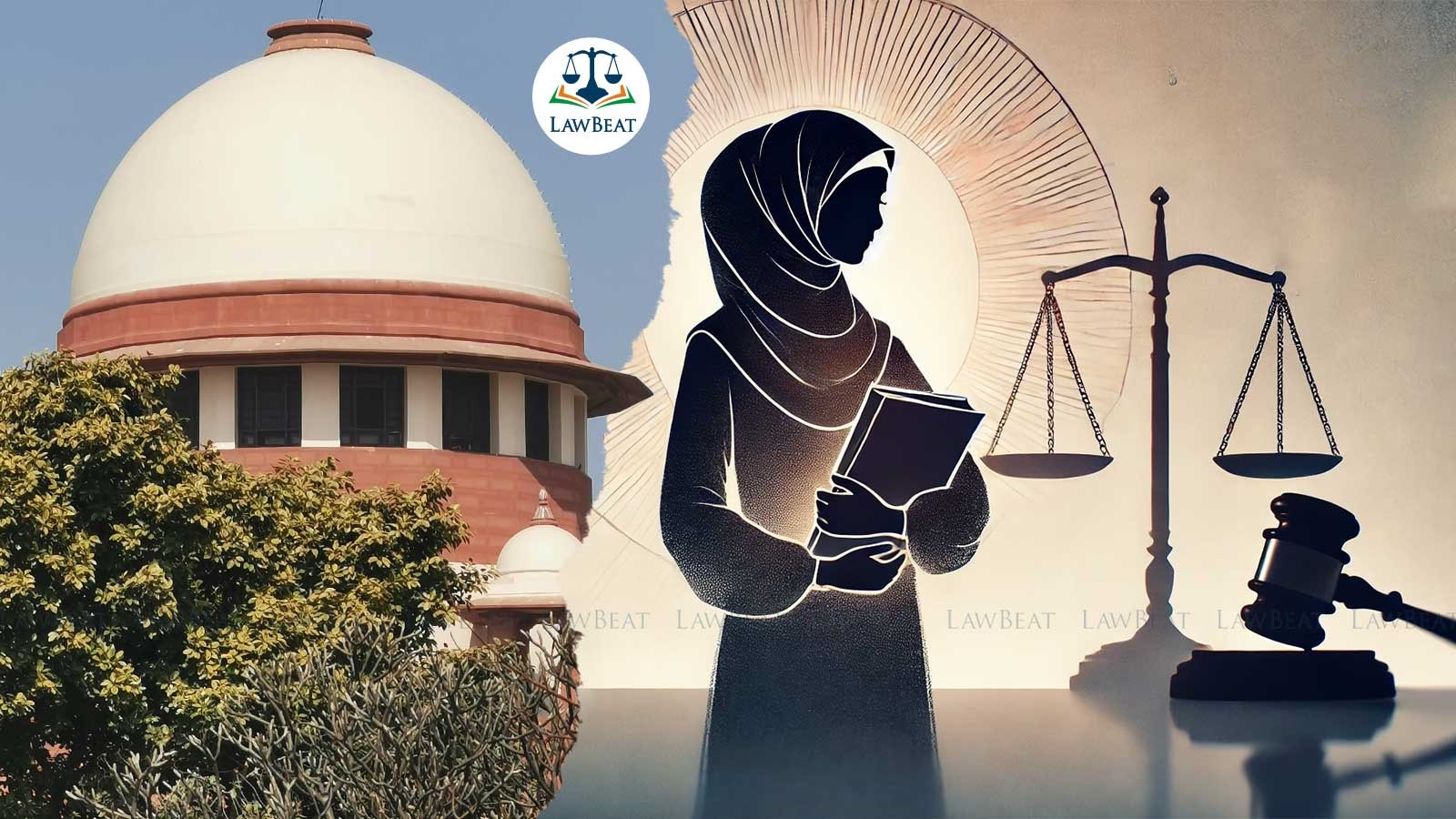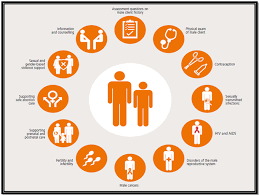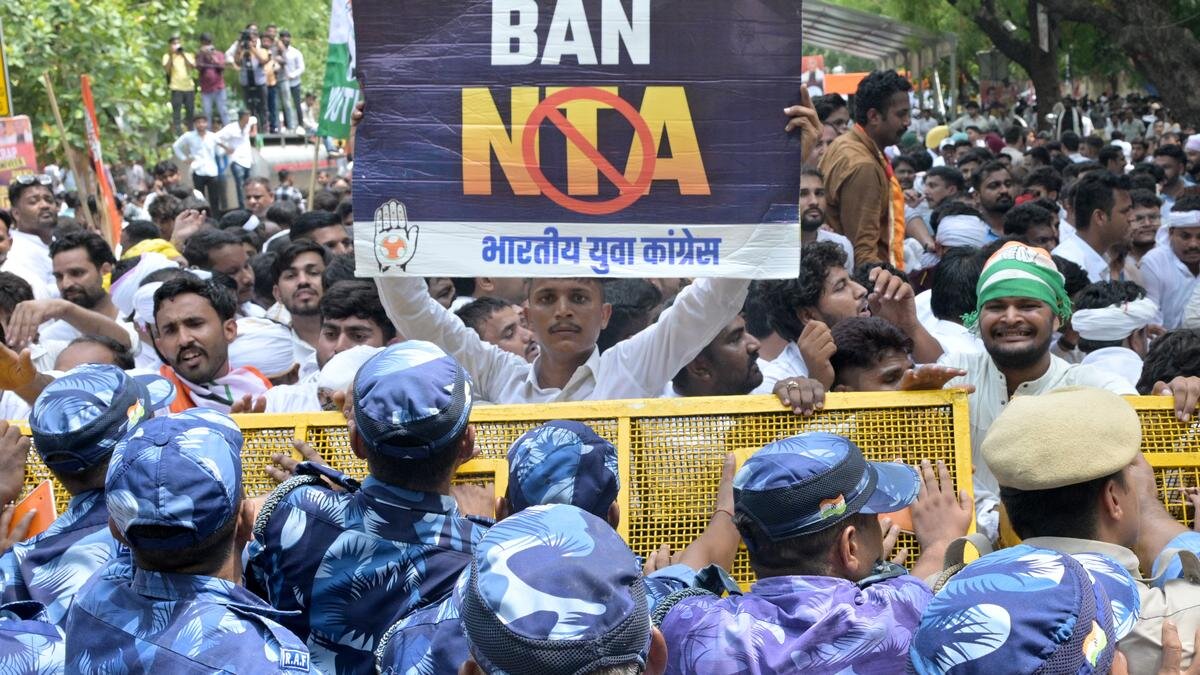
The Hindu : Page 01
Syllabus : GS 2 : Social Justice

Practice Question for Mains :
Examine the significance of the Supreme Court's ruling that a divorced Muslim woman can seek maintenance under Section 125 of the Criminal Procedure Code (CrPC). How does this judgment promote gender justice and equality, and what are the implications for secularism in Indian law?
The Supreme Court has ruled that a divorced Muslim woman is entitled to seek maintenance from her husband under Section 125 of the Criminal Procedure Code (CrPC).
About the Judgment
Section 125 of the Criminal Procedure Code (CrPC)
o Maintenance Orders: Section 125 of the CrPC provides for the maintenance of wives, children, and parents who are unable to maintain themselves.
Key Provisions:
o Wife: Includes a divorced wife who has not remarried.
o Legitimate and illegitimate minor children.
o Adult children are unable to maintain themselves due to physical or mental abnormalities.
o Parents: Includes both father and mother who are unable to maintain themselves.
o The person liable to pay maintenance has sufficient means.
o The person liable has neglected or refused to maintain the eligible person.
o Order: The Magistrate can order a monthly allowance for the maintenance of the eligible person.
o Maximum Amount: There is no fixed maximum amount; it is determined by the Magistrate based on the circumstances.
o Social Justice: It aims to prevent vagrancy and destitution by ensuring that dependents are provided for.
o Secular Applicability: It applies to all religions and is not specific to any particular religion.
Muslim Women (Protection of Rights on Divorce) Act, 1986:
o To protect the rights of Muslim women who have been divorced by, or have obtained a divorce from, their husbands.
o To provide for matters connected with or incidental to their divorce.
Key Provisions:
o During Iddat Period: A Muslim woman is entitled to a reasonable and fair provision and maintenance from her husband during the iddat period (a waiting period after divorce).
o Post-Iddat Maintenance: If she cannot maintain herself after the iddat period, she can claim maintenance from her relatives who would inherit her property on her death. If no relatives are available, the State Wakf Board is responsible for her maintenance.
o Mehr (Dower): The woman is entitled to the payment of mehr (dower) that was agreed upon at the time of marriage.
o Return of Property: The woman is entitled to all the properties given to her before or at the time of marriage or after the marriage by her relatives, friends, husband, or any other person.
o Rights of Children: The Act also provides for the maintenance of children born out of the marriage until they reach the age of two years.
o A divorced woman, or someone acting on her behalf, can apply to a Magistrate for an order under the Act.
o The Magistrate has the authority to make orders for payment of maintenance, mehr, and return of property.
o Limited Scope: Critics argue that the Act’s provisions are limited to the iddat period and do not ensure long-term maintenance.
o Dependence on Relatives: Post-iddat maintenance depends on relatives, which might not always be practical or feasible.
o Role of Wakf Board: The effectiveness of the Wakf Board in providing maintenance has been questioned due to administrative and financial constraints.
o Violation of Right to Equality: The MWPRD Act has been criticized for creating discriminatory practices by limiting the maintenance period for Muslim women compared to women of other communities, thus violating the Right to Equality under Article 14 of the Constitution.
PYQ UPSC Prelims : (2019)
Ques: Which Article of the Constitution of India safeguards one’s right to marry the person of one’s choice?
(a) Article 19
(b) Article 21
(c) Article 25
(d) Article 29
Ans : b)






